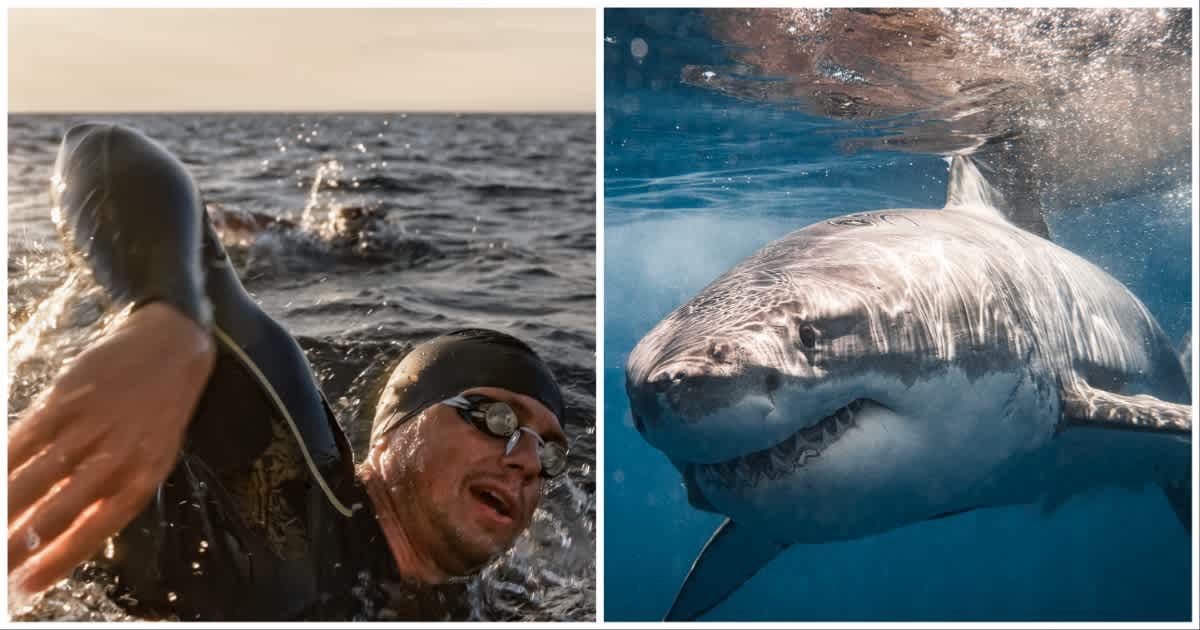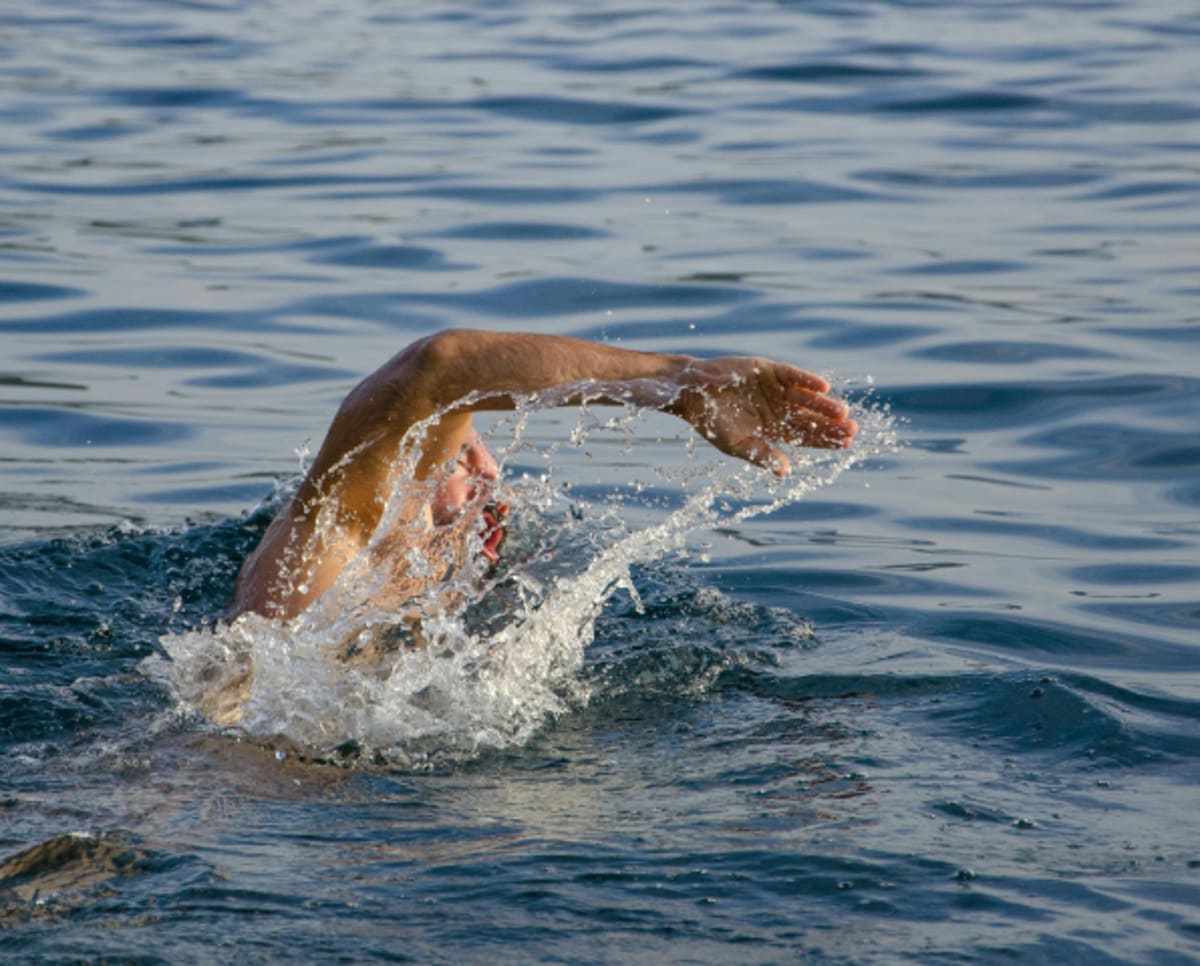Long-distance swimmer was attacked by a shark in open waters—his unflinchingly brazen response helped him get out alive

As adventurous and thrilling as swimming in the ocean can be, when it’s infested with sharks and deadly animals, saving yourself can be extremely challenging. A long-distance swimmer, Christopher Murray, survived a shark attack while swimming off the coast of California, per CBS News. Murray was attempting to swim 20 miles of open water between Catalina Island and the Los Angeles County coast in an area known as the Catalina Channel. As he was swimming, he noticed a shark approaching from his right side when his "left arm was outstretched." He was bitten by the oceanic creature once, but luckily, his hand was moving rapidly, making it easier to escape the shark's grip.

"It hit me and I shook it off," Murray told CBS News. He added, "And then, I felt another attack and a clamp on my right foot." Fortunately, a dive boat called Bottom Scratcher, which was escorting Murray, quickly pulled him from the water and bandaged the injury. They immediately called for help, and Murray met the Los Angeles Fire Department boats at sea. According to the fire boat pilot, it was a "3-to-4-foot" white shark that nipped Murray on his leg.

An experienced swimmer, Murray felt "annoyed" rather than shocked after encountering the incident. "I didn’t feel pain, just adrenaline. I didn’t even feel shocked. I felt annoyed," he said, adding, "I was confident I’d finished that swim with all the training, I knew that was going to spoil it.” According to the Los Angeles Fire Department, Murray "was awake and talking and sitting up" after the attack and showed mild signs of distress. Recounting the grueling training, Murray revealed that he had spent every single day to achieve the daring feat. However, despite the adventurous attempt, he was left with 20 stitches on his hand and injuries to his foot. He added that he knew the risks of the 20-mile swim but never expected a shark would attack him.
Now, navigating through his recovery as he uses crutches, Murray expressed his gratitude for escaping a huge danger. "I was very lucky it didn’t hit any artery or tendons," he admitted.
In a study authored by Francesco Ferretti, Salvador Jorgensen, Taylor K. Chapple, Giulio A. De Leo, and Fiorenza Micheli in 2015 for Frontiers in Ecology and the Environment, it was found that ocean-goers are 1,817 times more likely to drown than die from a shark attack. The study also revealed that scuba divers have a 1-in-136 million chance of being bitten by a shark. The researchers suggested that the increasing number of shark attacks is due to a rise in ocean recreation and the human population rather than an increase in shark populations.
More on Amplify
Teen lost a leg during a shark attack—the next time he entered the water was a true example of faith
